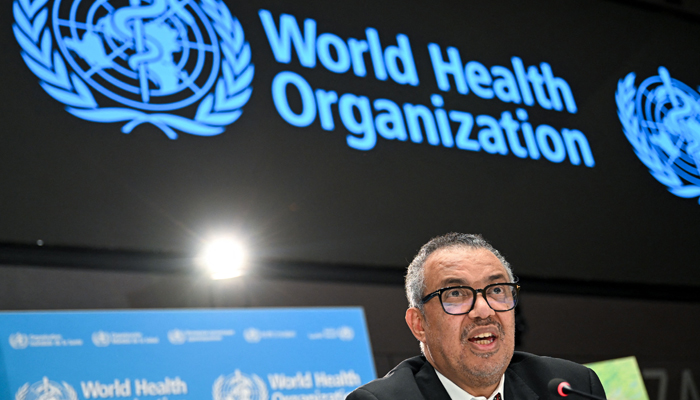
A common and widely-used sweetener aspartame is being studied by researchers and healthcare organisations to find its possible effects on human health as experts are making an effort to find evidence of its potential links with cancer.
The World Health Organisation’s (WHO) International Agency for Research on Cancer (IARC) analysed the effects of aspartame last month.
Another committee under the UN, the Joint Expert Committee on Food Additives and WHO is making changes in risk assessment including the suggestion of a quantity of daily intake.
Artificial sweetener is used in carbonated drinks and sodas instead of sugar, including chewing gums, cough drops and toothpaste.
US Food and Drug Administration suggested aspartame is safe for the general population, after several reviews.
The IARC analysed the existing research to observe whether aspartame is harmful, and the report from the Joint Expert Committee on Food Additives is set to provide a safe quantity of aspartame.
Qi Sun, an associate professor of nutrition and epidemiology at Harvard’s TH Chan School of Public Health noted that the cancer research committee’s range of carcinogens is broad.

Sun stated: “Consumers don’t necessarily need to be worried. Whether aspartame can be considered a carcinogen boils down to what kind of evidence we have.”
“I feel the evidence is pretty sparse to say either way to say ‘aspartame is cancerous’ or to suggest that aspartame is not as carcinogenic.”
James Farrell, a gastrointestinal oncologist at the Yale School of Medicine, said: “The people who’ve raised this question have an objective reason for raising this question. They’ve looked at it from a medical and scientific perspective … so I think it would be foolish to ignore.”
Several concerns were raised by US health officials regarding WHO having two separate reviews before the meetings.
A letter by the US Department of Health and Human Services (HHS) in August, said: “WHO’s simultaneous reviews of aspartame could potentially draw conflicting determinations that would seriously undermine confidence in the scientific process and inflame the current climate of public scepticism about the validity of science and scientific process.”
HHS stated: “The Joint Expert Committee on Food Additives should be the sole reviewer of cancer risk of aspartame in food.”
The WHO responded by saying: “The groups’ reviews would be complementary.”

“The cancer research committee, which has not previously analysed aspartame, would assess its potential cancer hazard. The food additive committee would update its risk assessment, including what it considers to be the acceptable daily intake of aspartame.”
Despite international bodies and experts, FDA will decide on its own about aspartame.
Professor Sun noted that after the reports release in July, “the agency will probably consider the evidence but is under no obligation to change its current regulations”.
Last month, the WHO warned people against using sugar substitutes for weight loss as it may have long-term effects on obesity.
Sun believes that artificial sweeteners can temporarily be a good choice to reduce their sugar intake.
“I think consumers could easily switch to those household beverages to improve their health rather than get concerned about consuming artificially sweetened beverages and cancer. We don’t have evidence either way.”